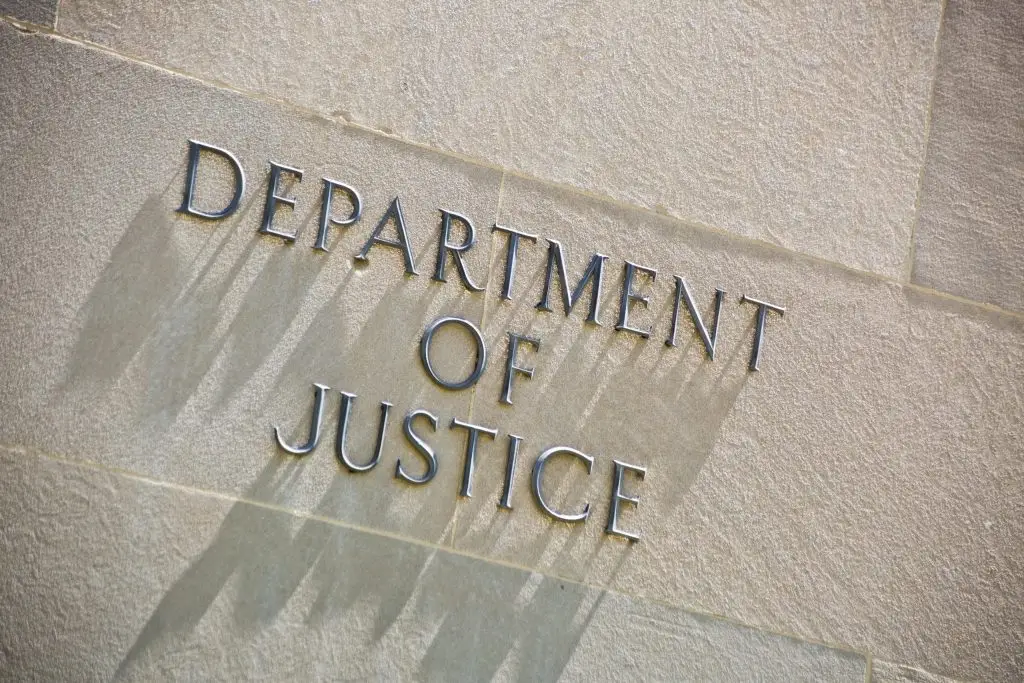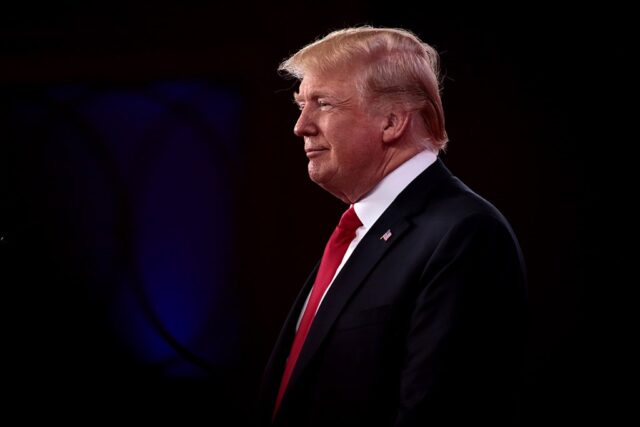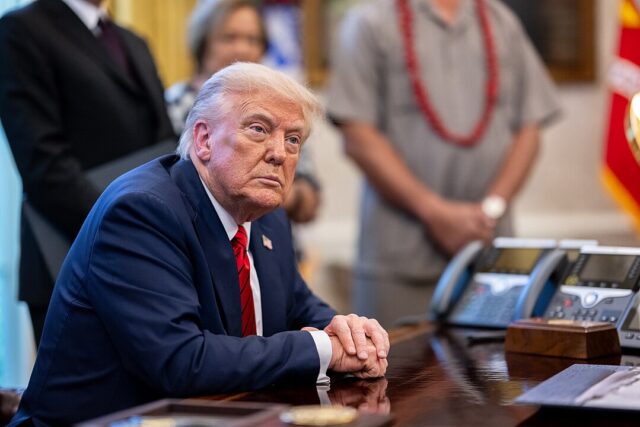Red State Attorney General Appointed Co-Deputy Of FBI

On Monday, the Justice Department announced Missouri Attorney General Andrew Bailey will step into the Trump administration as co-deputy director of the FBI.
Bailey, who stepped down from his role as attorney general effective September 8, will hold his newly-created position alongside current FBI Deputy Director Dan Bongino and serve under FBI Director Kash Patel.

“Thrilled to welcome Andrew Bailey as our new FBI Co-Deputy Director,” according to Deputy Attorney General Todd Blanche‘s post. “As Missouri’s Attorney General, he took on the swamp, fought weaponized government, and defended the Constitution. Now he is bringing that fight to DOJ.”
This marks the first time in FBI history that the agency has had two deputy directors.
“I am thrilled to welcome Andrew Bailey as Co-Deputy Director of the FBI. He has served as a distinguished attorney general for Missouri and is a decorated war veteran, bringing expertise and dedication to service,” Attorney General Pam Bondi said. “His leadership and commitment to country will be a tremendous asset as we work together to advance President Trump’s mission. While we know this is undoubtedly a great loss for Missouri, it is a tremendous gain for America.”
Bailey does not require Senate confirmation for the role.
Bailey, who has served as Missouri’s attorney general since 2023, reflected on his role in a post on X.
“To Missouri, thank you. My tenure as Attorney General has been the honor of my professional career, but what has made it truly meaningful has been the opportunity to serve my home state,” Bailey wrote. “Together, we have defended the rule of law and safeguarded our freedoms. I am forever grateful.”
During his time as Missouri’s attorney general, Bailey challenged the Biden administration and filed a variety of culture war suits.
Bailey sued to stop the student loan cancellation plan pushed by the Biden administration and sued the Department of Homeland Security for data on whether illegal immigrants were being relocated to Missouri.
Last month, current Deputy Director Dan Bongino faced growing fallout over the Justice Department’s decision not to disclose any more records from its investigations into deceased sex offender Jeffrey Epstein. (RELATED: Bongino, Patel Reportedly On Brink Of Resignation Over DOJ Epstein Memo)
CNN reports that Trump — who has been desperate to move past the Epstein story — was furious at Bongino, as well as FBI Director Kash Patel. Vice President JD Vance reportedly tried to hammer out a peace between the administration’s top Justice Department officials. But CNN reports that Bongino is still very much hanging by a thread.
“It remains to be seen if Bongino ultimately resigns, which he told others he was considering,” the CNN report stated. “But sources say his relationship with the White House has become basically untenable. Even if he does not quit now, some inside the administration believe he will not stay in the job long-term.”
However, President Donald Trump said he ultimately believes FBI Deputy Director Dan Bongino is “in good shape” following a reported clash with Attorney General Pam Bondi.










